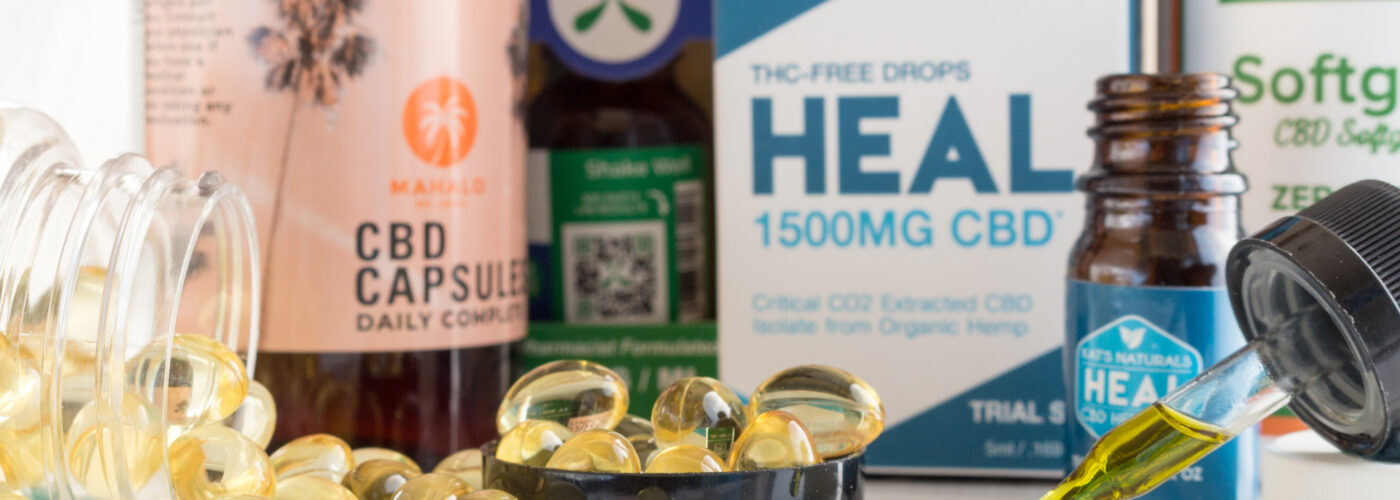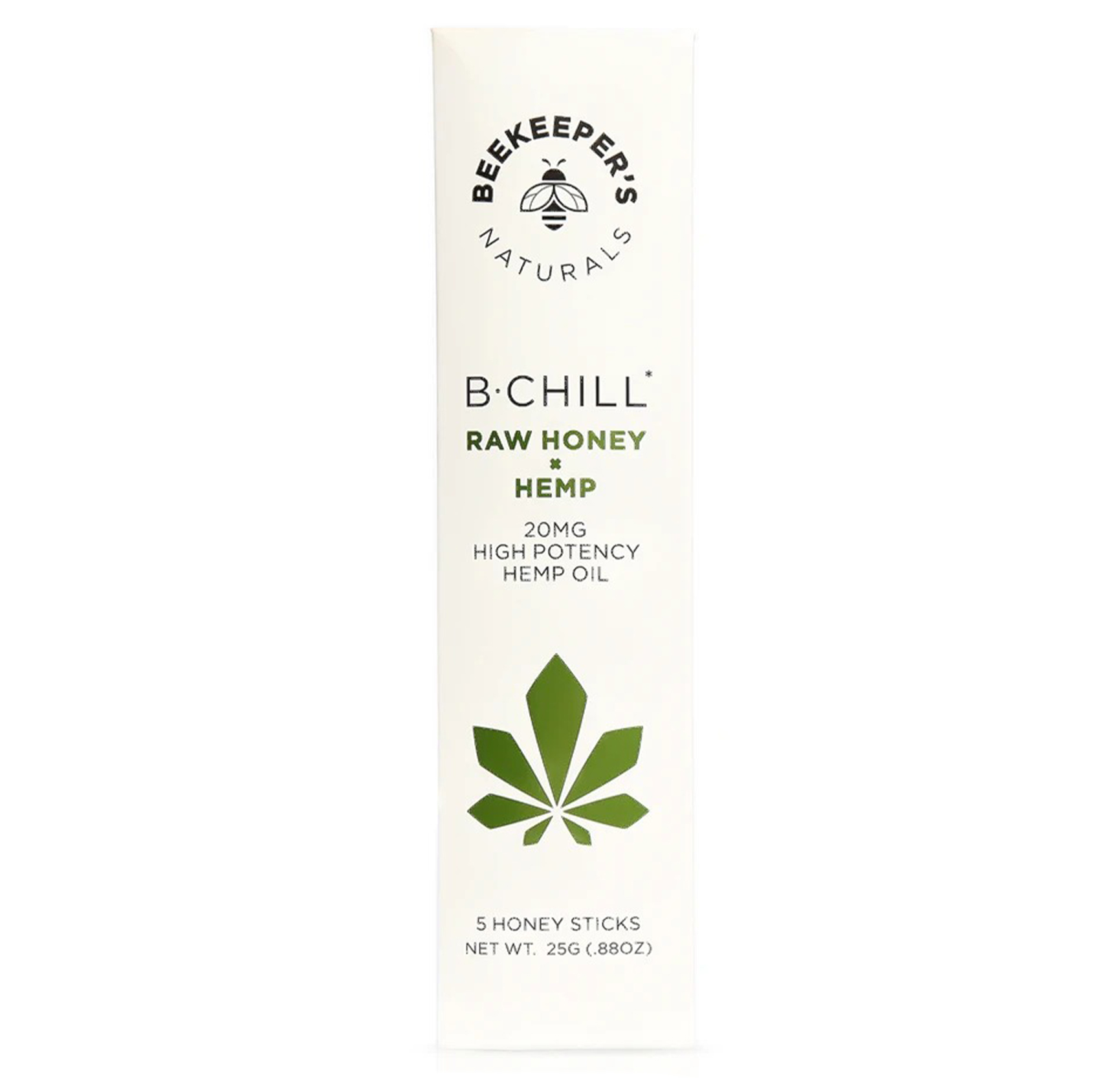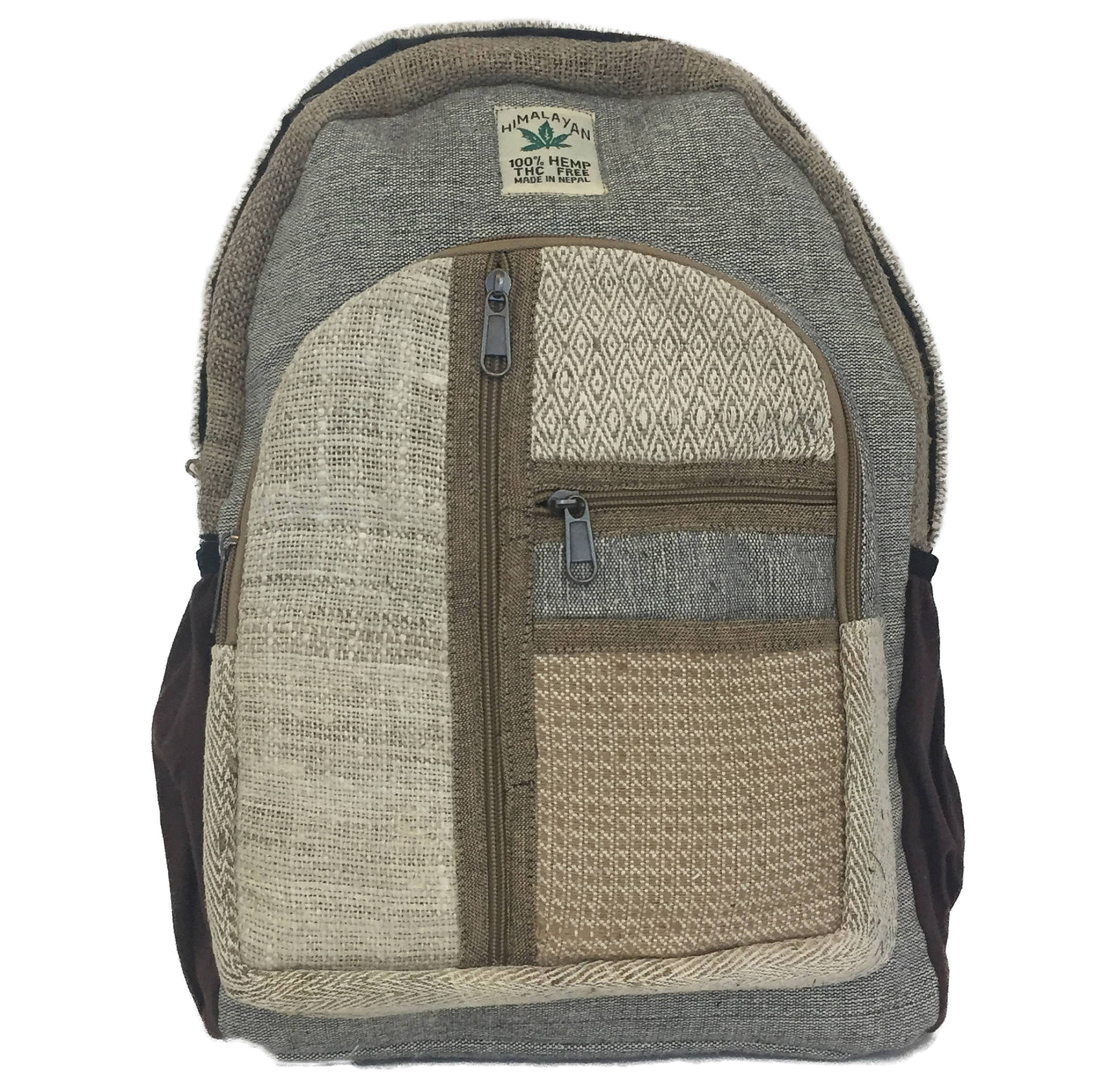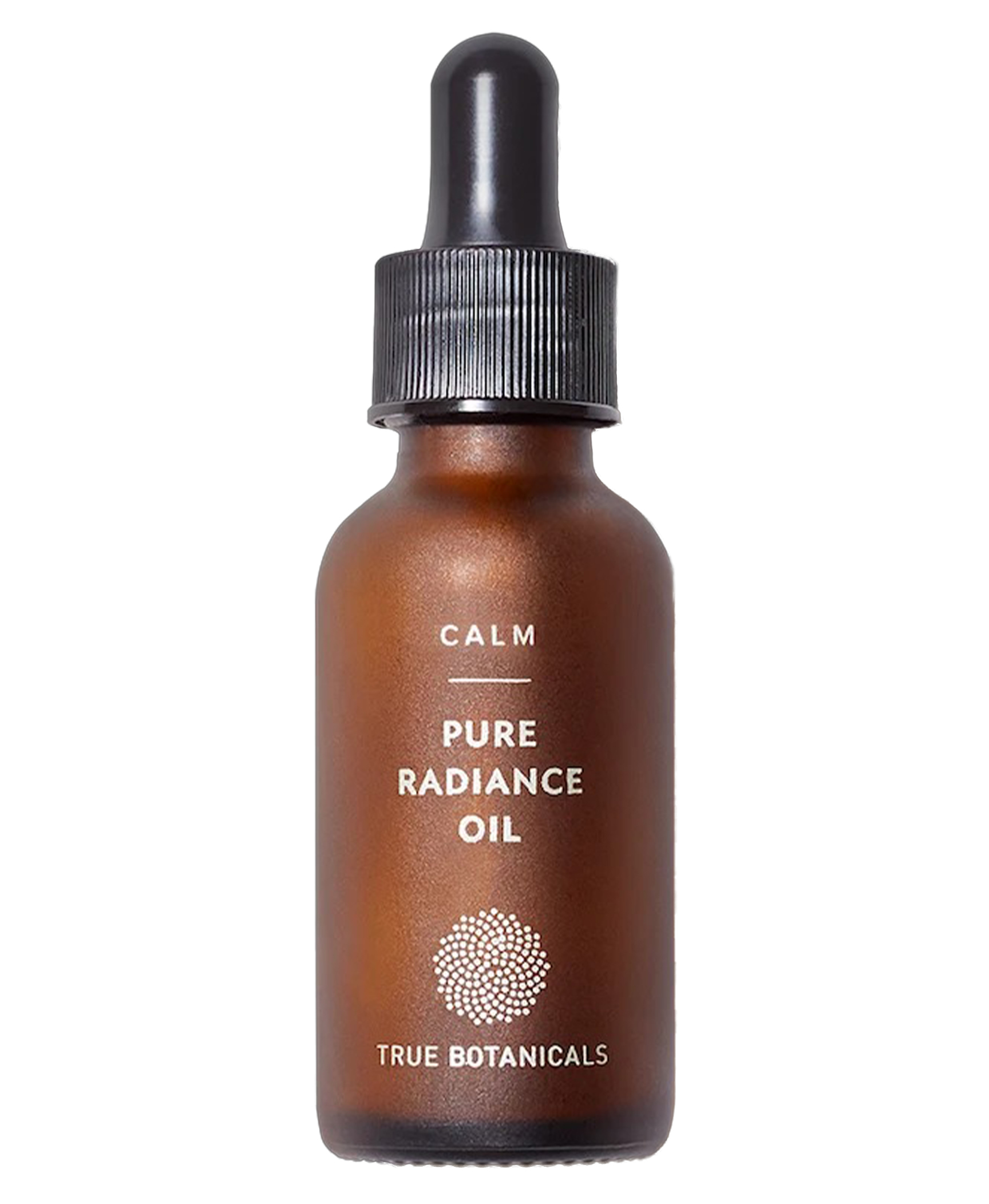You can get CBD oil in your coffee, buy CBD oil bath bombs, CBD oil lotions, and even CBD oil dog treats. It’s a buzz-worthy topic in the health and wellness space, but many travelers are left confused about its legality, especially when they’re considering taking certain products on a plane or traveling internationally.
First off, let’s define what CBD oil actually is. According to Merriam-Webster, CBD is “a nonintoxicating cannabinoid found in cannabis and hemp,” and that CBD oils contain cannabidiol. The types of oils that we’re referring to are oils derived from the hemp plant (not marijuana) and contain only a minimal amount (less than 0.3 percent) of tetrahydrocannabinol, or THC, which is the intoxicating or psychoactive compound of the plant that makes users feel “high.” It’s common knowledge that this minimal amount of THC does not produce noticeably intoxicating side effects.
Thanks to some recent legal changes around CBD at the federal level, it’s becoming a bit more straightforward. Here’s what I learned about traveling with CBD oil after speaking with Sherri Tutkus, BSN-RN and founder/CEO of the GreenNurse Group, and Joshua Bauchner, a lawyer for the Canafarma Corporation.
Traveling with CBD Oil Domestically
The type of CBD oil that’s derived from hemp oil is what’s legal at a federal level (as of the 2018 Farm Bill) and therefore allowed to be taken across state borders, and, yes, on flights. Other CBD oils, like the type that’s derived from marijuana, are still illegal in some states—so it’s not recommended to take those types across state borders.
You can tell the difference between the two types of CBD oil by reading the product’s label and identifying the amount of THC in it. Only hemp-derived CBD oils (with THC levels below 0.3 percent) are legal to fly with or be taken across state borders in the U.S. It’s also important to note that while CBD oil is legal at the federal level, certain state laws vary in terms of possession of any type of CBD oil.
Here’s the status of flying with CBD oil in the U.S. as of January 2020, according to the TSA’s website:
“Marijuana and certain cannabis-infused products, including some cannabidiol (CBD) oil, remain illegal under federal law except for products that contain no more than 0.3 percent THC on a dry weight basis or that are approved by FDA. (See the Agriculture Improvement Act of 2018, Pub. L. 115-334.) TSA officers are required to report any suspected violations of law to local, state or federal authorities.
“TSA’s screening procedures are focused on security and are designed to detect potential threats to aviation and passengers. Accordingly, TSA security officers do not search for marijuana or other illegal drugs, but if any illegal substance is discovered during security screening, TSA will refer the matter to a law enforcement officer.”
Here’s a more light-hearted explanation from TSA’s Instagram:
As an extra cautionary step, double-check the CBD oil possession laws of both the state you’re traveling to and the state you’re traveling from. The website CBD Origin recommends printing out a product’s lab report and have it available if needed to verify the cannabinoid content to any inquiring authorities. And if you’re traveling with CBD oil products as medication, you should always travel with your prescription handy, as you would any other prescribed medicine.
“Consumers can consider traveling with CBD products to be the same as traveling with any other over-the-counter supplements,” says Joshua Bauchner, Canafarma Corp. Legal Counsel. “TSA guidelines as of January 2020 specifically state that consumers can travel with CBD products as long as they contain no more than 0.3 percent THC on a dry weight basis, or that are approved by the FDA.”
Traveling with CBD Oil Outside of the U.S.
International rules and regulations on CBD are less clear, so if you’re looking to travel abroad with CBD oil you’ll need to research the laws of the country you’re traveling to. However, professionals strongly advise to err on the side of caution and leave products with any cannabinoids (including hemp-derived oils) at home, especially because some countries have much stricter drug laws.
Cruising regulations for CBD oil are confusing. Some cruise lines ban CBD oil altogether, so it’s best to contact the cruise line directly if you need to travel with CBD oil on your cruise. Remember, there are security scanners as you board a cruise ship, so there’s no hiding CBD products.
The Benefits of CBD Oil for Travelers
CBD oil has many uses. It can help travelers regulate their body’s organs, immune system, and neurotransmitter signaling systems, which can help alleviate symptoms of jet lag, anxiousness, and sleeplessness.
For travelers specifically, Tutkus recommends CBD oil “for long flights to decrease stiffness and soreness, to help regulate sleep patterns with time change and jet lag, and to help decrease anxiety related to the unknowns of traveling.” She says “some people have even replaced their prescription [bensodiazepines] with CBD oil, instead of having to take a Xanax or Ativan prior to a flight.”
If you’re nervous about flying with any of these products in your possession, then take it ahead of your flight and find a legal place to buy it on the ground.
What to Look for When Purchasing CBD Oil for Travel
If you’re looking to purchase CBD oil for travel, use the acronym ‘FLOW’ which is a way to choose a product that is up to cannabis-nurse-approved standards:
F: Flowering Strains of Hemp or Cannabis
L: Lab tested for purity and potency, COA
O: Organic
W: Whole Plant
According to Tutkus, you should also ask the following questions:
- Is it made from industrial hemp or flowering strains of hemp?
- What is the extraction process?
- What is the carrier oil?
- Is it whole plant?
- Is it tested for purity and potency?
- Is there a certificate of analysis that reflects what the label says?
Again, only hemp-derived CBD oils (with THC levels below 0.3 percent) are legal to fly with or be taken across state borders in the U.S.
Additionally, the FDA has separate regulations on CBD oil labeling, including that it cannot be marketed as a dietary supplement—that information can be found here.
Tips for Traveling with CBD Oil
There are a variety of different types of ways to consume CBD oil including topical creams, edibles (which have been questioned in terms of effectiveness), and vaping devices. Here’s the lowdown on traveling with each.
For all edibles, gels, lotions, oils, and other liquids, you should follow and comply with normal TSA 3-1-1 rules when you’re traveling with CBD oil. You don’t need to declare them separately, but you shouldn’t hide them, either. While the TSA’s statements make it seem like they are not looking for cannabis products, you’re still subject to search, which could lead to delays at the airport.
According to the TSA, you may bring electronic devices and vaping devices (including batteries and atomizers) stored in your carry-on bags, but not checked bags.
The only type of CBD oil product that Tutkus doesn’t recommend traveling with in the U.S. is hemp flower, because of its similarities to the cannabis flower. Lab results are the only way to tell the difference between the two plants.
The Best Types of CBD Oil to Travel With
Tutkus’ go-to products for travel are Irie Bliss Goddess Oil, Apothecary Care Full Spectrum CBD tincture, Apothecary Care Full Spectrum Daytime Gummies, Apothecary Care Full Spectrum Nighttime Capsules, and SOS lotion (note that this product is 4 oz).
Irie Bliss also makes a CBD Pain Balm stick (similar to a deodorant stick) that can be applied as a roll-on for quick application. And Jules Battel NP-BC for the GreenNurse Group says she’s, “a big fan of the tiny sublingual oral spray”.
Bauchner recommends other alternatives like Yooforic’s Hemp-Oil Infused Chewing Gum, and Organic Hemp Oil Tincture as they don’t require a vaporizer to consume.
Other FAQs About Traveling with CBD Oil
Can dogs detect CBD oil at airports?
“Most scent dogs are actually trained to smell terpenes, which are the components in the plant that give the plant its smell and flavor,” Tutkus says. “These dogs usually don’t react to hemp-extracted CBD oil products because the terpene levels are so small that it won’t catch the dog’s attention. If the CBD product is the whole plant and rich in aromatic terpenes there is a possibility that the drug-sniffing dog could smell it.”
Do you have to declare CBD oil when traveling?
According to the TSA’s above statements, you do not need to declare CBD oil products that are federally legal in the U.S.
Can you have CBD oil in national parks?
National parks fall under federal regulation; you can have hemp-derived CBD oils in national parks but nothing more, regardless of the state’s law on other CBD and cannabis products.
If you have any other questions about traveling with CBD oil, send us a note at editor@smartertravel.com.
About our sources:
Sherri Tutkus, BSN-RN, has been a registered nurse for more than 30 years and is the founder and CEO of GreenNurse Group, Medical Director at Irie Bliss Wellness, and a member of the American Cannabis Nurses Association and the Cannabis Nurses Network.
Joshua Bauchner is the legal counsel for Canafarma Corp., a vertically-integrated enterprise that controls its CBD/Hemp Oil products from seed-to-counter.
More from SmarterTravel:
- Traveling with Medications: What You Need to Know
- 12 Things You Might Not Think to Pack, But Should
- The Ultimate Packing List
Editor’s note: SmarterTravel does not promote or condone any illegal activity, and recognizes that CBD laws vary by state. The information in this article has been compiled via interviews and research, and should not be used as medical or legal advice. For the most up-to-date information on flying with CBD oil, we recommend checking the TSA’s website or calling your airline. Some quotes have been edited for clarity.
We hand-pick everything we recommend and select items through testing and reviews. Some products are sent to us free of charge with no incentive to offer a favorable review. We offer our unbiased opinions and do not accept compensation to review products. All items are in stock and prices are accurate at the time of publication. If you buy something through our links, we may earn a commission.
Related
Top Fares From
Today's Top Travel Deals
Brought to you by ShermansTravel
Australia: 12-Night Melbourne, Cairns & Sydney...
Down Under Answers
 vacation
$4349+
vacation
$4349+
Athens to Barcelona: Luxe, 10-Night Mediterranean...
Oceania Cruises
 cruise
$3199+
cruise
$3199+
Pennsylvania: Daily Car Rentals from Pittsburgh
85OFF.com
 Car Rental
$19+
Car Rental
$19+









